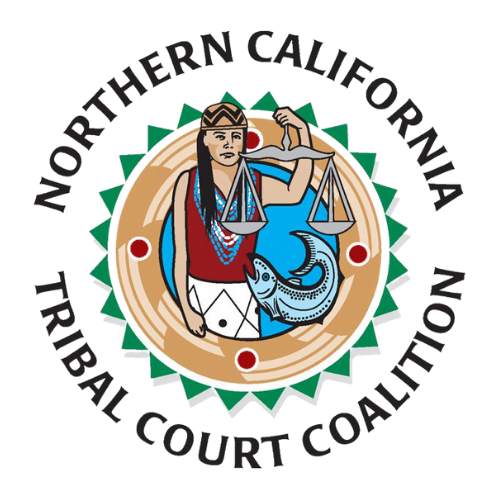Specific documentation is very important to support your application for benefits. A police report or other crime report can show that a crime has occurred. One reason that a victim of violence should make a police report is to obtain this important documentation. If the victim chose not to report the crime or a police report is not available, the following documentation can be submitted to help show eligibility:
- Child abuse or adult protective services reports.
- Restraining Orders, including the request for restraining order (DV-100), violations of restraining orders.
- Medical, dental, or mental health records.
- Affidavit from a human trafficking case worker.
- A sexual assault examination report.
- University Title IX campus report.
- Letter (on the letterhead of a battered women’s program or shelter) identifying the incident(s).
- An affidavit from a credible witness, with as much detail as possible to substantiate (by a preponderance of evidence – 51%) that a qualifying crime occurred. This can be from the victim’s mother, friend, pastor, any trusted person to whom the victim disclosed the crime.
- Special visas describing a qualifying crime.
- Form 293 if a police report does not specifically identify the victim for confidentiality concerns (e.g. she is named as “Jane Doe”).
If you have questions about documenting your eligibility for CalVCB benefits, contact your local Victim Witness Assistance Center advocates for assistance with filing your application. Advocates can help you navigate the criminal justice and victim compensation process and can provide information on resources and services in your county. You can also visit the CalVCB Local Help page to find local help for your particular situation.

